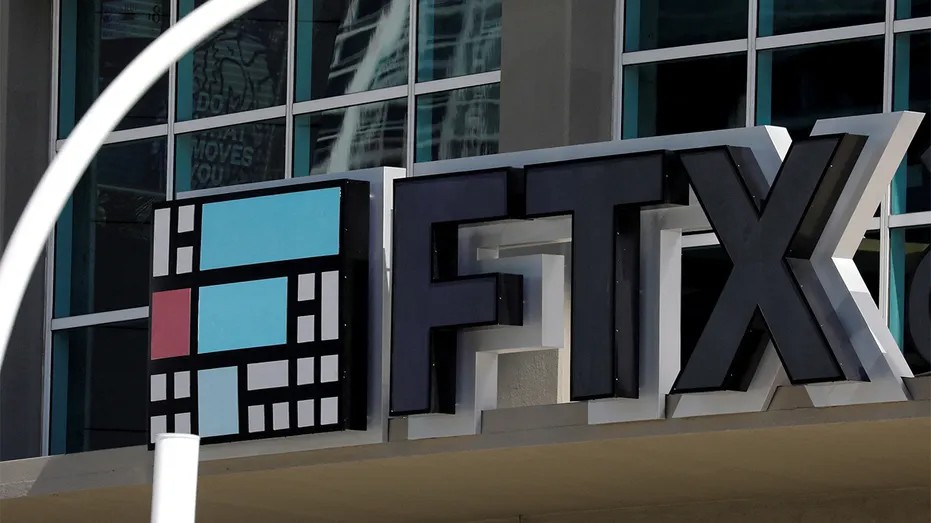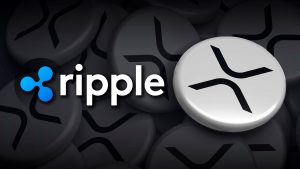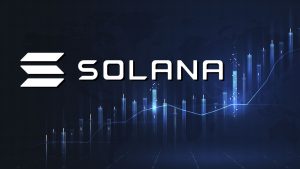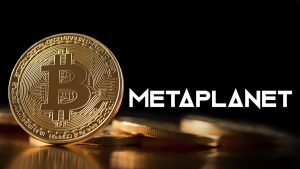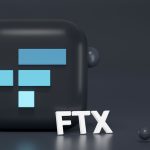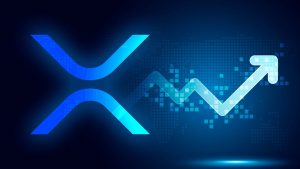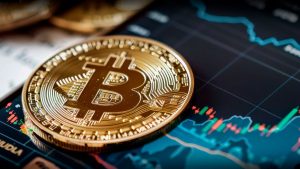FTX Bankruptcy plan has bagged approval from Judge John Dorsey, a move that will see 98% of creditors get back their funds in cash
Two years after its collapse amid allegations of fraud and misconduct, the FTX Derivatives Exchange’s bankruptcy might end soon.
US Judge John Dorsey presiding over the FTX bankruptcy case has approved its bankruptcy plan. This signals the final steps in distributing funds to creditors. It also mark a major milestone in the winding down of one of the biggest implosions in the cryptocurrency world.
FTX Bankruptcy: A Complex Case, A Swift Resolution
Judge John Dorsey of the U.S. Bankruptcy Court for the District of Delaware made the pivotal ruling on Monday. He approved that 98% of creditors will receive at least 118% of their claim value in cash.
The approved plan gives hope to thousands of investors looking to recover their funds after the exchange’s sudden implosion in 2022. The majority of the creditors supported the resolution, marking a shift in stance from a plan announced in late September
According to reports, 94% of creditors in the “dotcom customer entitlement claims” class, representing $6.83 billion in claims, voted in favor of the reorganization.
Criticism and Concerns Over Cash Payouts
Despite the overwhelming support for the bankruptcy plan, not all stakeholders were satisfied. Some critics, including Sunil Kavuri, a representative of the largest FTX creditor group, expressed concerns. He complained about how the payouts would be handled.
Kavuri argued that creditors should receive their distributions in cryptocurrency rather than the cash equivalent based on the value when FTX filed for bankruptcy.
Also, David Adler, a lawyer representing several creditors, echoed his concerns. He noted that receiving cash rather than digital assets could lead to significant tax implications for creditors. He urged the defunct exchange to consider in-kind distributions that would return cryptocurrency to creditors instead of cash.
However, Steven P. Coverick, managing director at Alvarez & Marsal North America, LLC, countered the idea. He testified about the feasibility of in-kind distributions.
Coverick stated that FTX never had the proportions of cryptocurrency in its accounts that customers believed were there. Judge Dorsey ultimately sided with Coverick, ruling against distributing cryptocurrencies directly.
Disclaimer: The information provided in this article is for informational purposes only. It does not constitute investment, financial, trading, or any other sort of advice. You should not treat any of BGECrypto’s content as such. BGEcrypto does not recommend that any cryptocurrency should be bought, sold, or held by you. Do your due diligence and consult your financial advisor before making decision.


